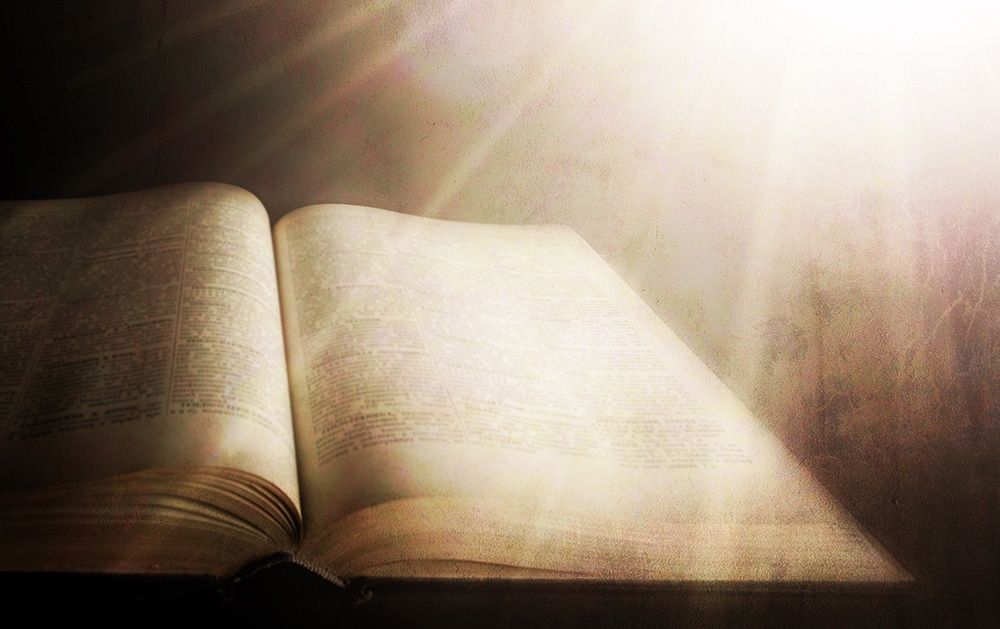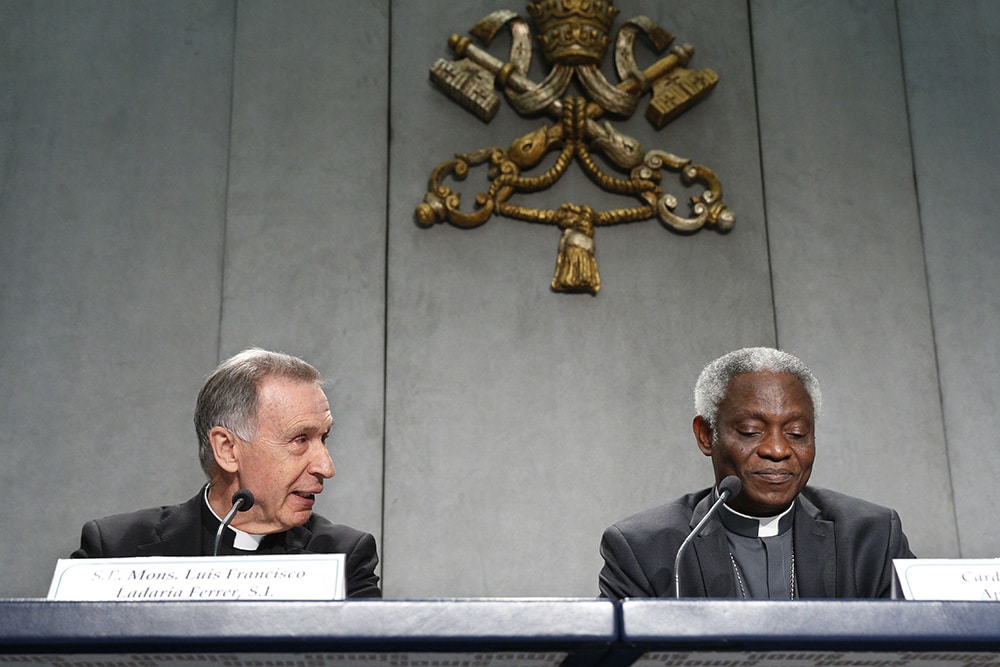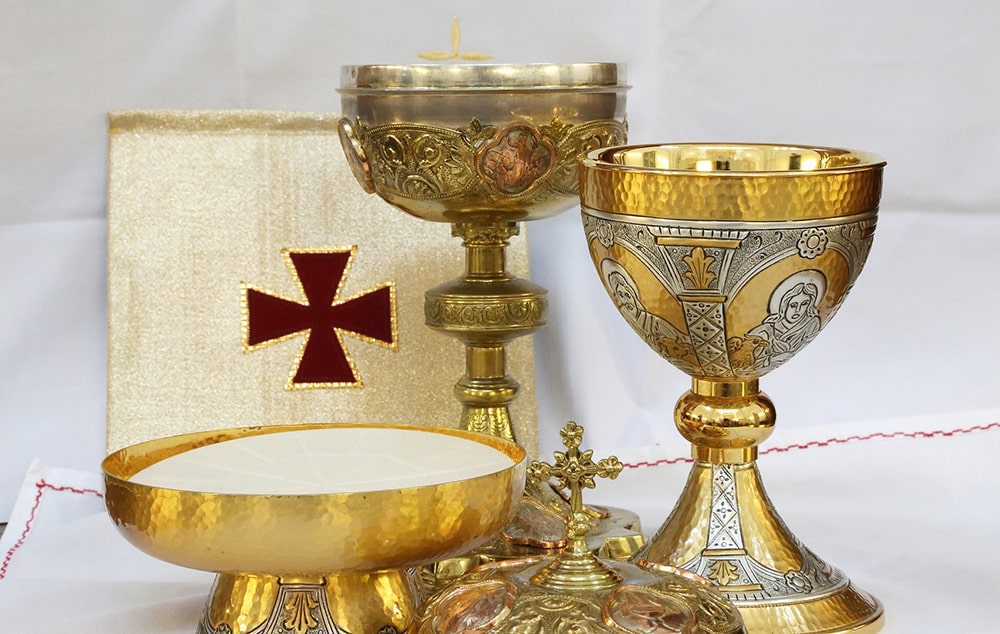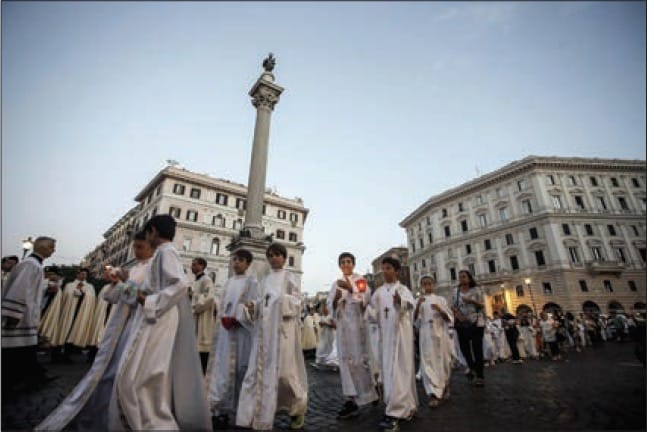 The 20th century American philosopher John Dewey was no fan of “dogmatic” thinking. To be dogmatic for Dewey was to give up suppleness of mind, excluding the possibilities of new experience. It was to hold onto something that explained away the mystery of life rather than engaging in the dynamic process of living.
The 20th century American philosopher John Dewey was no fan of “dogmatic” thinking. To be dogmatic for Dewey was to give up suppleness of mind, excluding the possibilities of new experience. It was to hold onto something that explained away the mystery of life rather than engaging in the dynamic process of living.
Something of Dewey’s anti-dogmatism reigns among Catholics. Doctrine is often understood as cold, rigid, merely intellectual. While spirituality, experience or practice is what really matters.
Perhaps, this is why the feast of the Holy Trinity is often an occasion for the worst preaching of the year in our parishes. Yeah, there’s the doctrine of the Trinity. Yeah, it’s a mystery.
“The mystery of the Most Holy Trinity is the central mystery of the Christian faith and of Christian life” (Catechism of the Catholic Church, No. 261).When we miss an opportunity to grasp the sweetness of the doctrine of the Trinity, we fail to contemplate the central mystery of Christian faith and life.
| Feast of the Holy Trinity – May 27, 2018 |
|---|
|
DT 4:32-34, 39-40
PS 33:4-5, 6, 9, 18-19, 20, 22
ROM 8:14-17
MT 28:16-20
|
The Son is consubstantial with the Father: Jesus Christ is the Son of the Father. This sonship was not given at Jesus’ baptism. It is who Jesus is from eternity. God is eternal, not part of creation. Yet, through the history of Israel, we see God entering into relationship with creation. God creates as an act of love. God redeems as an act of love. God enters into the world through the Incarnation of the Word, through the Son, as an act of love. God discloses what it means to “love” in the first place.
Jesus reveals the Father to us because he is “consubstantial” with the Father. It is truly God who is born in a manger, truly God who hungers and thirsts in the desert, it is truly God who cries out in fear in the Garden, who dies upon the cross, who is raised from the dead. It is truly God who has become human, forever changing what it means to be human in the first place.
The Spirit proceeds from the Father and the Son: The Father loves the Son. And the Son loves the Father. Yet, such love is not exclusive.
The communion of love of the Father and the Son is that of the Holy Spirit. The Spirit that breathed over creation, that was present as Israel pilgrimed through the desert, that descended upon Jesus at baptism, that our Lord breathed forth at his death on Calvary. The Spirit is the love of the Father and the Son that has brought the Church together. At Pentecost, this Spirit has descended upon the Church. It descends everyday sharing with us divine love. Divine life. Divine gift.
This life of love, of gift, of unity that does not eliminate distinction, is what we’re baptized into: “in the name of the Father, and of the Son, and of the Holy Spirit” (Mt 28:19).
What sweetness in this doctrine! We share in the sonship of the beloved Son, in the communion of love that he enjoys with the Father through life in the Church. We share in the love of the Father and the Son in the descent of the Spirit upon us, in the softening of our hearts to the covenant of love revealed on the cross.
The Trinity is the central mystery of our faith because it’s the central mystery of existence. We are not made as isolated individuals for self-sufficiency. We have been made for total and absolute love.
Love that is divine. Love that is Father, Son, and Holy Ghost.
If this is “dogmatic thinking,” then we need more of it. Not less.
Timothy P. O’Malley, Ph.D., is managing director of the McGrath Institute for Church Life.







